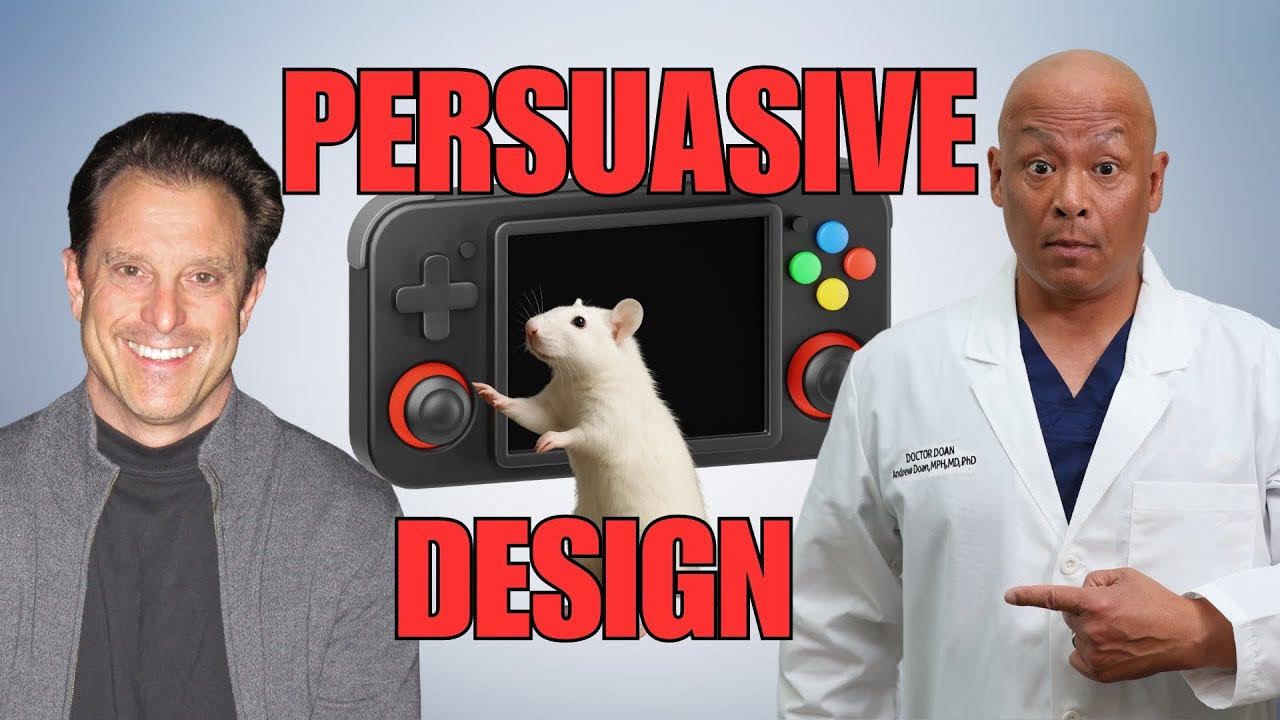Blog
Richard Freed's Blog
Topics
Archive
- 2023
- 2021
- 2019
- 2018
- 2017
- 2016
- 2015
- 2014
- 2012

Featured in
Emily Steele works with top publications providing a unique tone and perspective on politics and current events
Thank you! Your submission has been received!
Oops! Something went wrong while submitting the form.



















































